Why mumps cases have hit a decade high
Legacy of discredited MMR vaccine claims blamed for rise
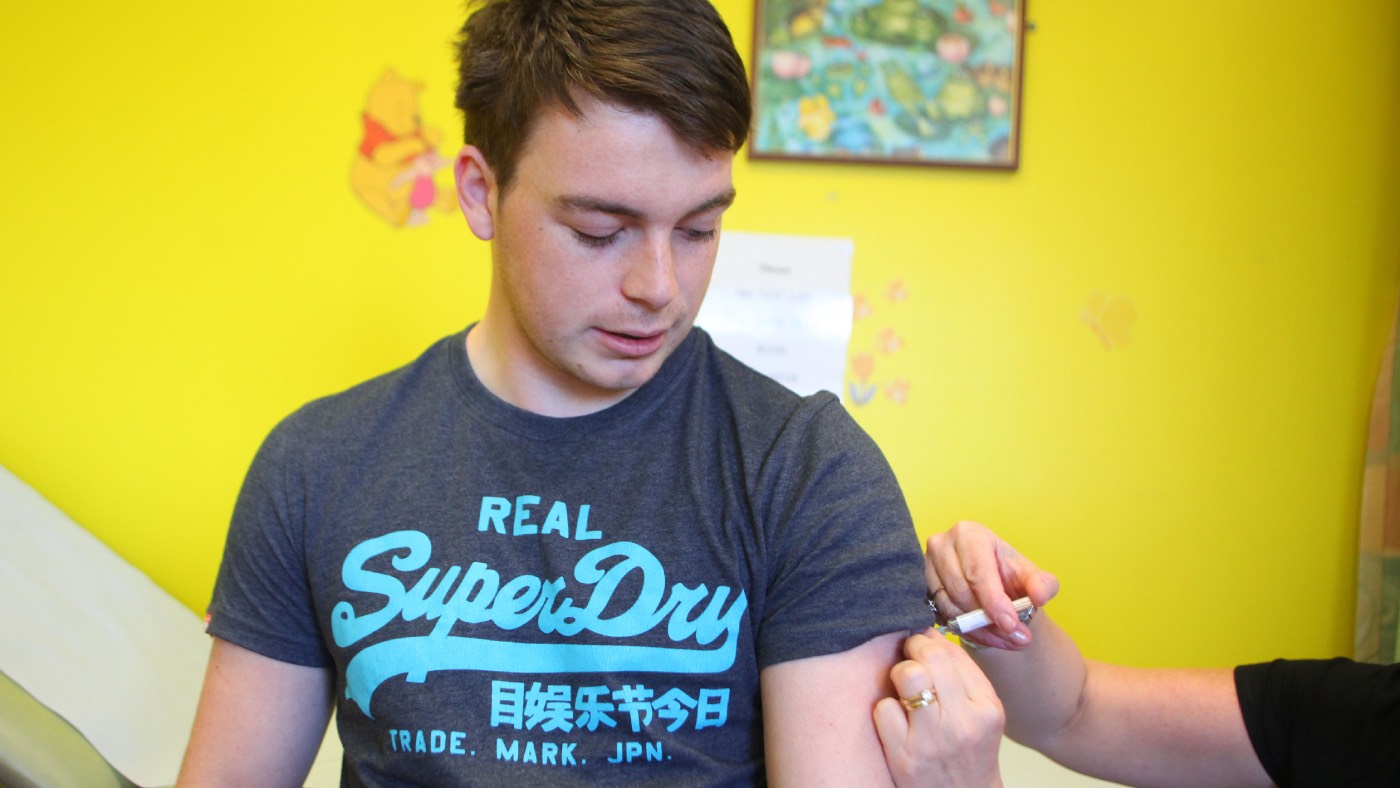
A free daily email with the biggest news stories of the day – and the best features from TheWeek.com
You are now subscribed
Your newsletter sign-up was successful
Health officials are urging members of the public to ensure they have had the MMR vaccine, as new figures show cases of mumps have soared to a ten-year high in England.
A total of 5,042 recorded cases of the viral illness were recorded in 2019, up from 1,066 cases the previous year and the highest total since 2009, according to data from Public Health England (PHE).
And the “steep surge” looks set to continue in 2020, with 546 confirmed cases last month compared with 191 in January 2019, says The Sun.
The Week
Escape your echo chamber. Get the facts behind the news, plus analysis from multiple perspectives.

Sign up for The Week's Free Newsletters
From our morning news briefing to a weekly Good News Newsletter, get the best of The Week delivered directly to your inbox.
From our morning news briefing to a weekly Good News Newsletter, get the best of The Week delivered directly to your inbox.
Medics believe the increases in cases of mumps - which like colds and flu is spread via droplets of saliva or mucus - are mainly down to outbreaks in universities and colleges. Many of last year’s cases were in people born in the late 1990s and early 2000s who missed out on the measles, mumps and rubella (MMR) vaccine as children.
Experts say that two full doses are needed to maximise protection - the first one just after the first birthday and the second at around three years and four months of age.
But a number of parents shunned the jabs after now-discredited doctor Andrew Wakefield made headlines worldwide in 1998 with claims of a link between the vaccine and autism.
His controversial findings were published in medical journal The Lancet, which retracted the article in 2010 after the General Medical Council found that Wakefield had been “dishonest” in his research. He was subsequently struck off the medical register after being found guilty of serious professional misconduct.
A free daily email with the biggest news stories of the day – and the best features from TheWeek.com
Last year, scientists confirmed that there is no link between autism and the MMR vaccine, following the largest ever study of its kind.
Yet some parents are still wary about vaccinating their children.
–––––––––––––––––––––––––––––––For a round-up of the most important stories from around the world - and a concise, refreshing and balanced take on the week’s news agenda - try The Week magazine. Start your trial subscription today –––––––––––––––––––––––––––––––
The NHS website says: “MMR is a safe and effective combined vaccine that protects against three separate illnesses – measles, mumps and rubella (German measles) – in a single injection.”
Urging people to make sure that they and their families are protected, Health Secretary Matt Hancock said: “The rise in mumps cases is alarming and yet another example of the long-term damage caused by anti-vax information.”
The BBC suggests that an additional “possible” reason for the recent spike in mumps cases is that the MMR vaccine’s protection may have “worn off”.
The NHS says that after two doses of the vaccine, “virtually everyone (more than 99%) will be protected against measles and rubella”, but “protection is a little lower and appears to gradually decline over several years”.
However, “mumps in vaccinated people is much less likely to lead to complications such as meningitis or painful swelling of the testes (orchitis), and vaccinated people are less likely to require admission to hospital”, the health service adds.
Symptoms of mumps include fever, headache, muscle aches, tiredness and loss of appetite, followed by swelling of the salivary glands.
-
 Bad Bunny’s Super Bowl: A win for unity
Bad Bunny’s Super Bowl: A win for unityFeature The global superstar's halftime show was a celebration for everyone to enjoy
-
 Book reviews: ‘Bonfire of the Murdochs’ and ‘The Typewriter and the Guillotine’
Book reviews: ‘Bonfire of the Murdochs’ and ‘The Typewriter and the Guillotine’Feature New insights into the Murdoch family’s turmoil and a renowned journalist’s time in pre-World War II Paris
-
 Witkoff and Kushner tackle Ukraine, Iran in Geneva
Witkoff and Kushner tackle Ukraine, Iran in GenevaSpeed Read Steve Witkoff and Jared Kushner held negotiations aimed at securing a nuclear deal with Iran and an end to Russia’s war in Ukraine
-
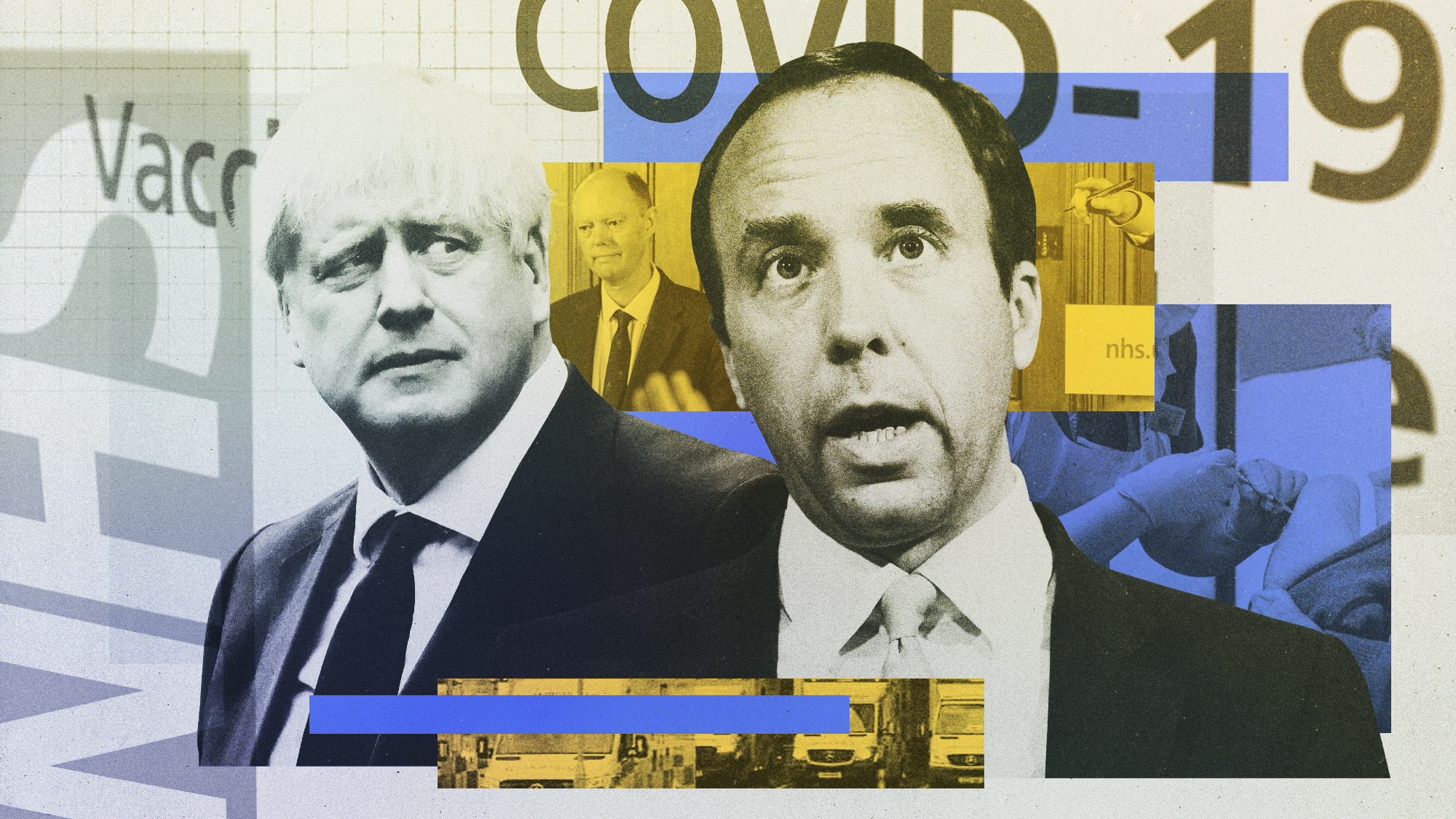 Brexit, Matt Hancock and black swans: five takeaways from Covid inquiry report
Brexit, Matt Hancock and black swans: five takeaways from Covid inquiry reportThe Explainer UK was 'unprepared' for pandemic and government 'failed' citizens with flawed response, says damning report
-
 Babylon Health: the failed AI wonder app that 'dazzled' politicians
Babylon Health: the failed AI wonder app that 'dazzled' politiciansThe Explainer Demise of UK tech start-up is a cautionary tale for politicians seeking quick fixes to complicated problems
-
 Covid inquiry: can it bring about meaningful change?
Covid inquiry: can it bring about meaningful change?Today's Big Question Bereaved families demand answers as public hearings examining almost every aspect of the British state get underway
-
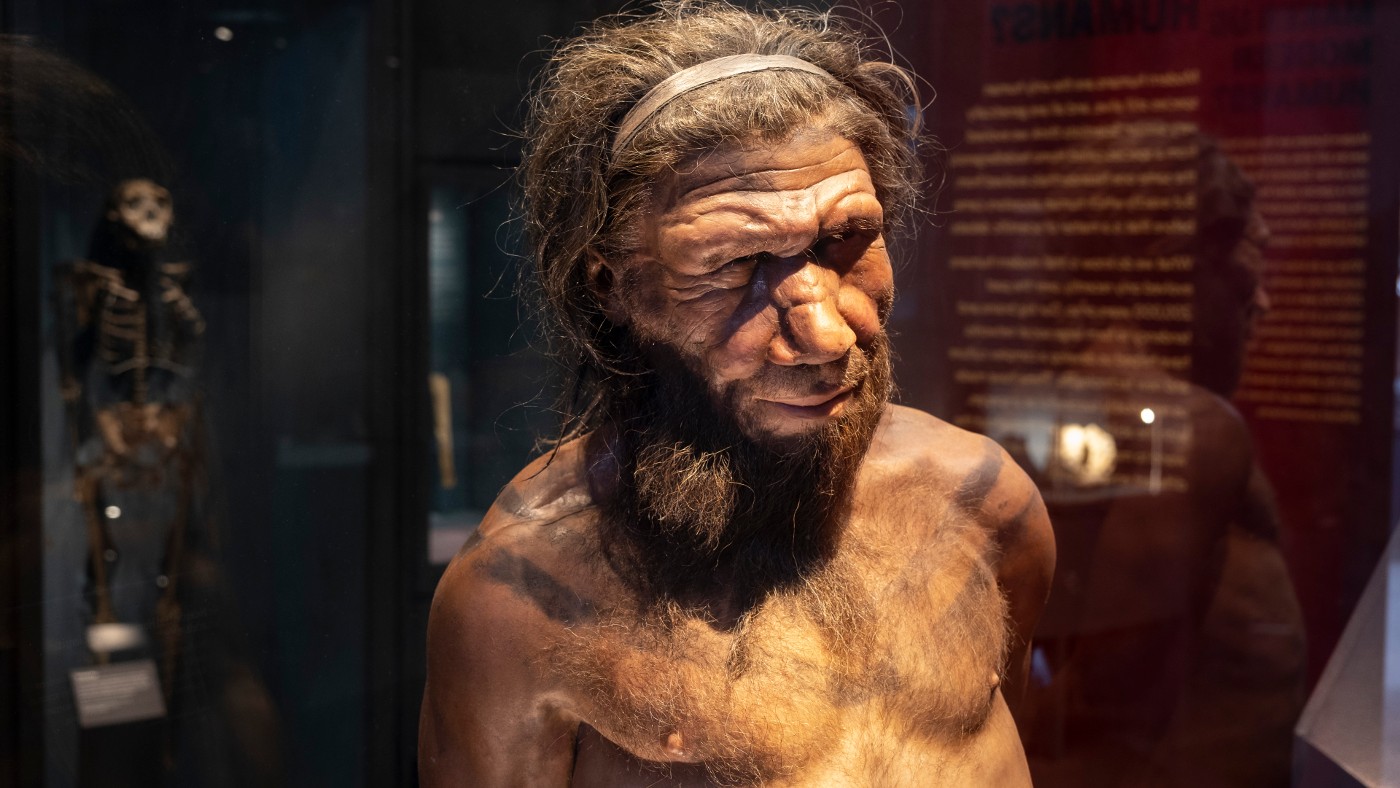 Neanderthal gene ‘caused up to a million Covid deaths’
Neanderthal gene ‘caused up to a million Covid deaths’Speed Read Genetic tweak found in one in six Britons means cells in the lungs are slower to launch defences
-
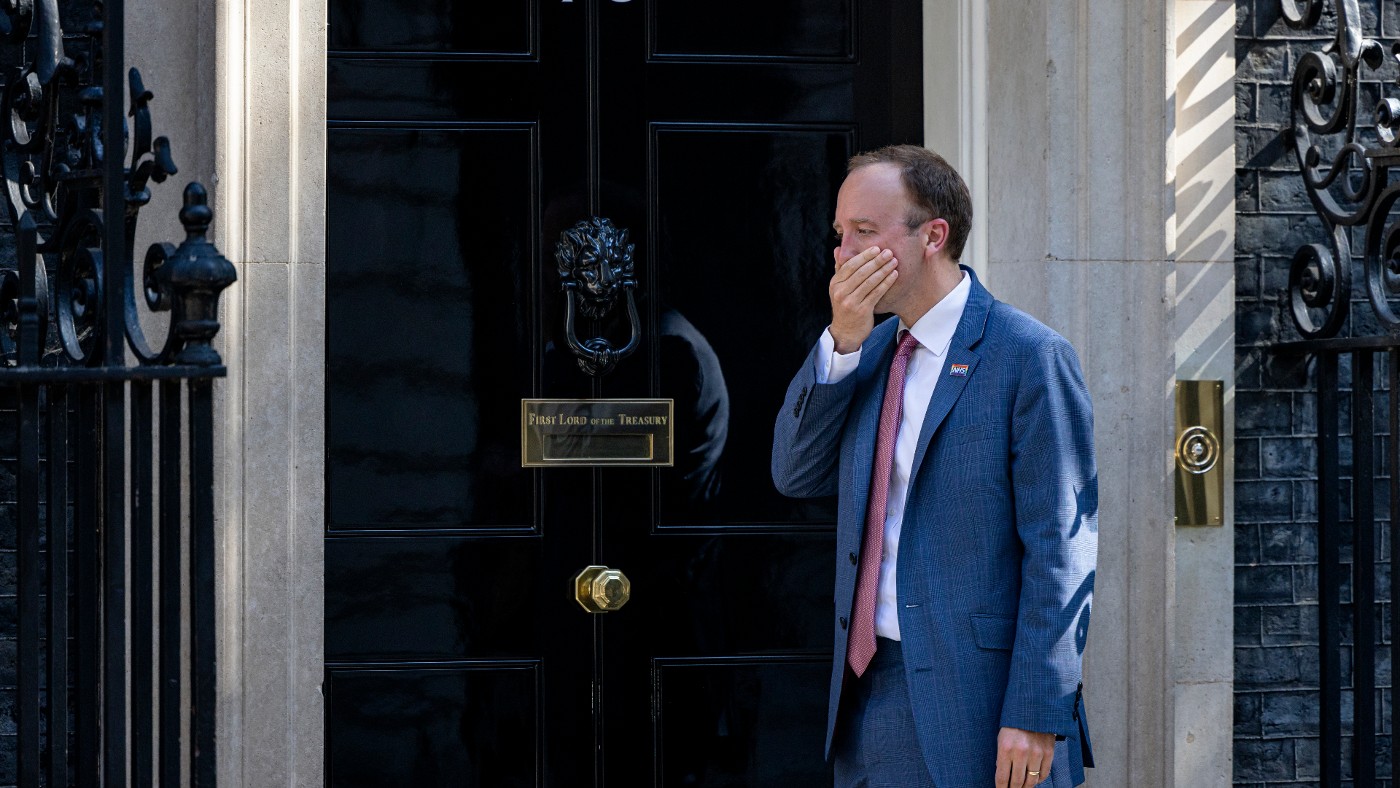 What next after the High Court’s Covid care home ruling?
What next after the High Court’s Covid care home ruling?Today's Big Question Government is ‘staring down the barrel of potentially very costly claims’ after victory for bereaved relatives
-
 Legalising assisted dying: a complex, fraught and ‘necessary’ debate
Legalising assisted dying: a complex, fraught and ‘necessary’ debateSpeed Read The Assisted Dying Bill – which would allow doctors to assist in the deaths of terminally ill patients – has relevance for ‘millions’
-
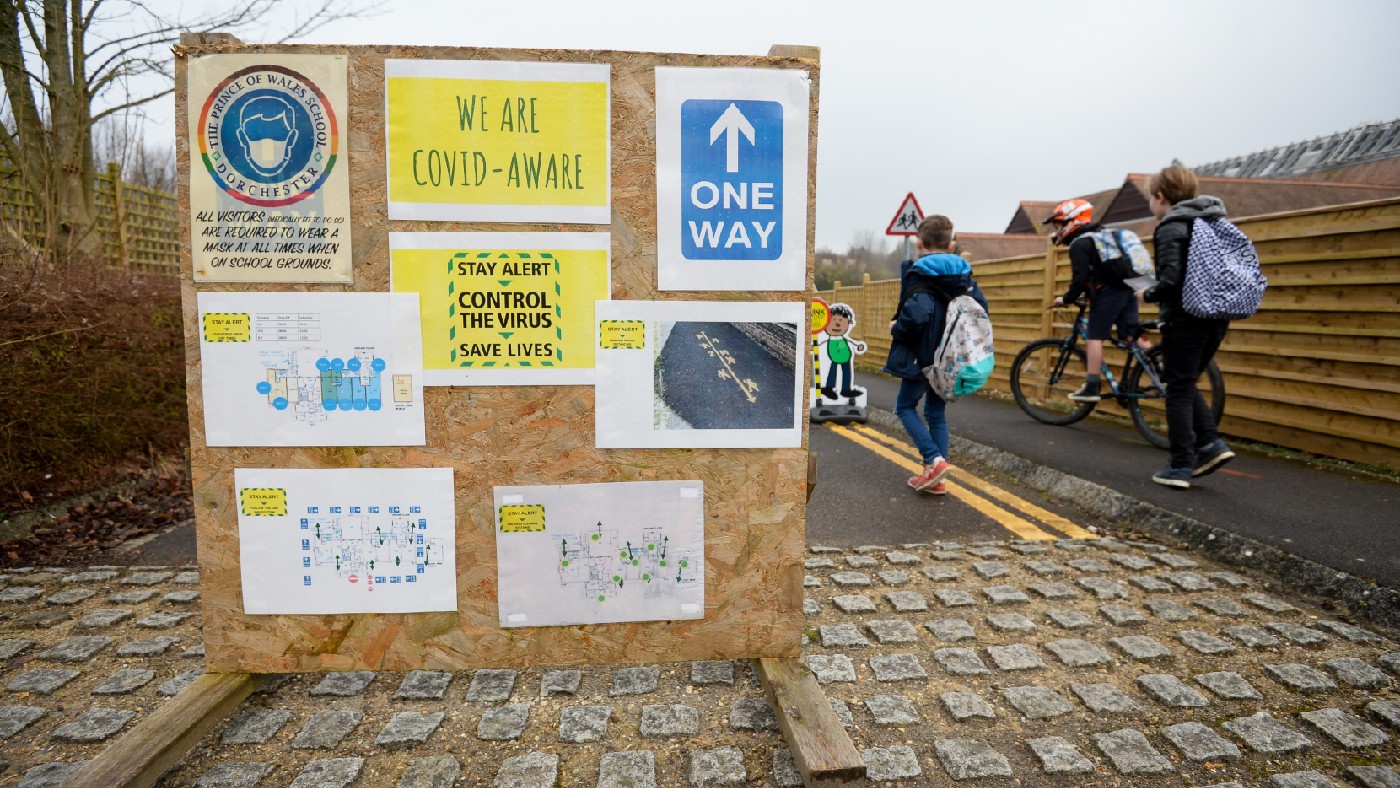 Vaccinating children: it’s decision time for the health secretary as kids return to school
Vaccinating children: it’s decision time for the health secretary as kids return to schoolSpeed Read Sajid Javid readying NHS England to roll out jab for children over 12, amid fears infections will rocket
-
 ‘Vaccination blunts, but does not defeat’: exploring Israel’s fourth Covid wave
‘Vaccination blunts, but does not defeat’: exploring Israel’s fourth Covid waveSpeed Read Two months ago, face masks were consigned to bins. Now the country is in a ‘unique moment of epidemiological doubt’